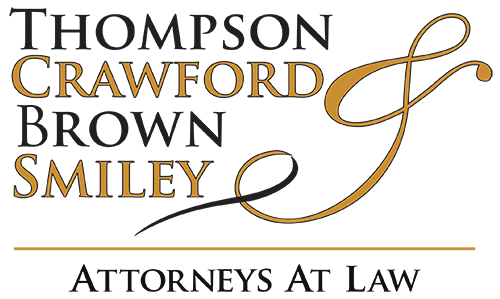The short answer is…it depends.
The Homestead Exemption
Article X, Section 4 of the Florida Constitution is one of the highest forms of protection that a person can have regarding their homes and properties here in Florida.
Known as “homestead exemption,” this section protects your home and/or property from being sold to satisfy judgments, liens and/or claims against you. In other words, it protects you and your family from “creditor claims”. This is extremely important because losing your home will certainly affect the life of you and your family.
There are several requirements that a person must meet to be afforded the protections of the homestead exemption:
Florida Residency
To qualify for homestead protection, you must establish that you intend to reside permanently on the Florida property. There are several ways that residency can be established:
- Filing a declaration of domicile with the local clerk of court
- Register to vote
- Obtaining a Florida’s driver license or identification
NOTE: If you have residential property in another state, the Florida property MUST be declared your primary residency to qualify for the homestead protection. For example, if you have a property here in Florida, but you primarily reside most of the time in a vacation home in Georgia, then the Florida property will not qualify for the homestead protection.
Property location and use
The property must be located in Florida. Homestead protections cover more than the traditional site-built home. It includes any dwelling, including condominiums, mobile homes, manufactured homes, co-op apartments, and even boats if it is your primary residence. There are limits on the size of the property:
Inside a municipality/city limits
If the property is located within the boundaries of the city limits, then no more than ½ acres can be exempt from creditor claims.
Outside a municipality/city limits
If the property is located outside the boundaries of the city limits, then no more than 160 contiguous acres can be exempt from creditor claims.
Ownership and occupancy
The property must be owned and occupied by a “natural person”. This does NOT include corporations, limited liability companies, partnerships or irrevocable trusts. Recent case law has established that property owned by a revocable trust qualified as property owned by a natural person. See Engelke v. Estate of Engelke, 921 So.2d 693, 697 (Fla. 4th DCA).
The Most Important Factor
The most important factor that courts consider, however, in determining if your property will be exempt from creditor claims is your intent to primarily reside in the home. People may think that registering the property as homestead exempt is enough to protect them.
Though this is particularly influential for judges, this may not protect your home from creditor claims. For example, you may have your home registered as homestead exempt here in Florida, but if you are primarily residing in your Georgia vacation home, then your Florida property may not be considered homestead exempt, and creditors may be able to reach your home to satisfy the judgments against you.
Even if your Florida property is not registered as homestead exempt, but it is your primary residence, you may be able to convince the courts that your property is still exempt from the claims of creditors.
Contact Us if You Need Help
Each case is different, and the facts of your case may produce different outcomes. Our law firm is here to ensure that you have competent and experienced representation.
William “Billy” Crawford has handled complex bankruptcy and real estate matters, including homestead exemption disputes, since 1991. He has represented both debtors and creditors. He is ready to guide you through the process so that he can ensure you have all the tools you need to face or enforce creditor claims. Please call us with your legal needs and related questions at 850-386-5777.
